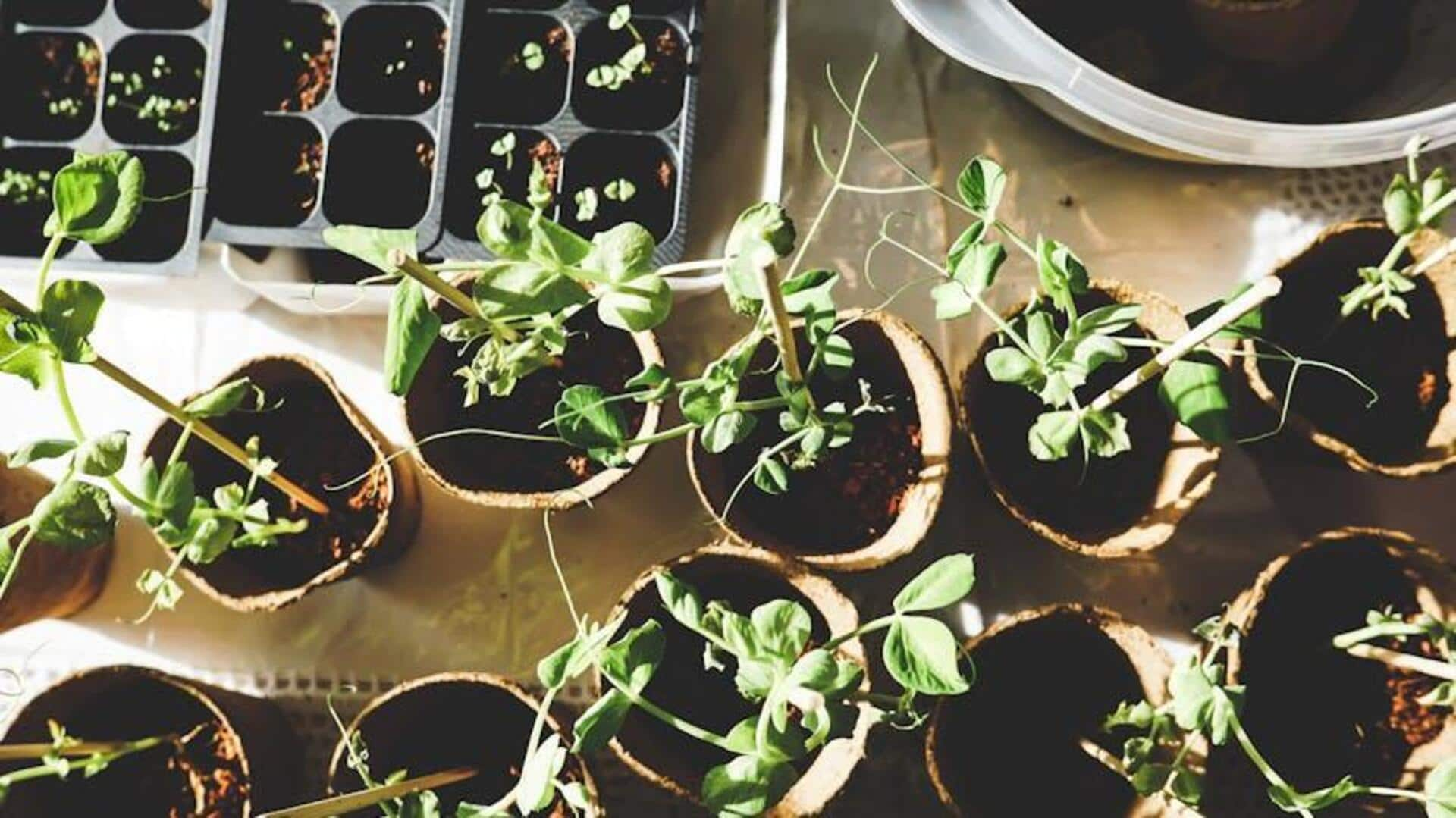
5 gardening activities your kids will enjoy
What's the story
Collaborative garden projects provide kids with a one-of-a-kind opportunity to forge friendships while being close to nature. They promote teamwork, communication, and a sense of responsibility among little ones. By pitching in together in a garden, kids can gain important life skills and friendships that last beyond the garden. Here are five collaborative garden projects to help kids build relationships through shared experiences and efforts.
Shared space
Community vegetable patch
Having a community vegetable patch gives kids a chance to collaborate to plant, look after, and harvest crops. The initiative promotes teamwork as children pick out what vegetables to plant and how to tend to them. By sharing duties like watering and weeding, kids understand the value of working together. The happiness of harvesting their own produce brings a sense of achievement and camaraderie.
Nature's beauty
Butterfly garden creation
Designing a butterfly garden is a fun way for kids to work together while learning about ecosystems. Children can participate in choosing plants that attract butterflies, like milkweed or lavender. While planting and caring for these gardens, they witness the lifecycle of butterflies up close. This project not only deepens their appreciation for nature but also teaches patience and teamwork as they wait for butterflies to show up.
Spiraling growth
Herb spiral construction
Building an herb spiral is a fun project that mixes creativity with gardening skills. Kids work together to design the spiral layout using stones or bricks before planting herbs like basil or mint in it. It involves a lot of planning and problem-solving as children determine how to utilize space effectively while making sure every herb gets enough sunlight.
Engaging senses
Sensory garden design
A sensory garden stimulates the senses of children with different textures, scents, colors, sounds, and even tastes from the plants selected for it—like lamb's ear or lemon balm. This gives them chances not just to explore but also to bond deeply with each other over mutual discoveries made during its creation process from start till finish.
Sustainable practices
Composting project initiation
Initiating composting projects teaches sustainability by involving kids directly in recycling organic waste materials back into soil-enriching composts used later on gardens themselves. Participants take turns adding kitchen scraps, leaves, grass clippings, etc., turning piles regularly, ensuring proper decomposition occurs over time. Thus, fostering responsibility and environmental awareness simultaneously, building camaraderie amongst peers engaged collectively towards a common goal: achieving a healthier, greener planet for future generations to enjoy too.